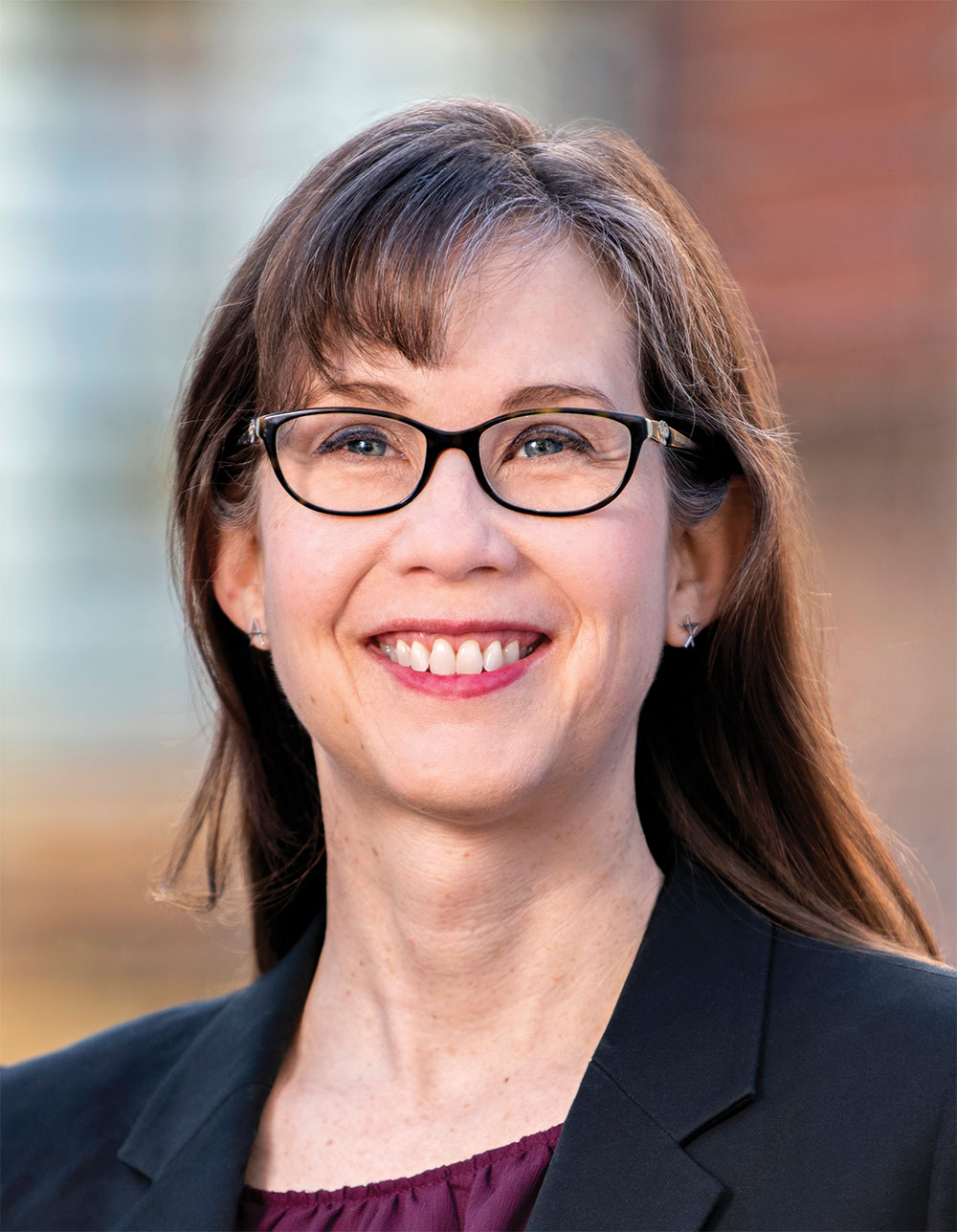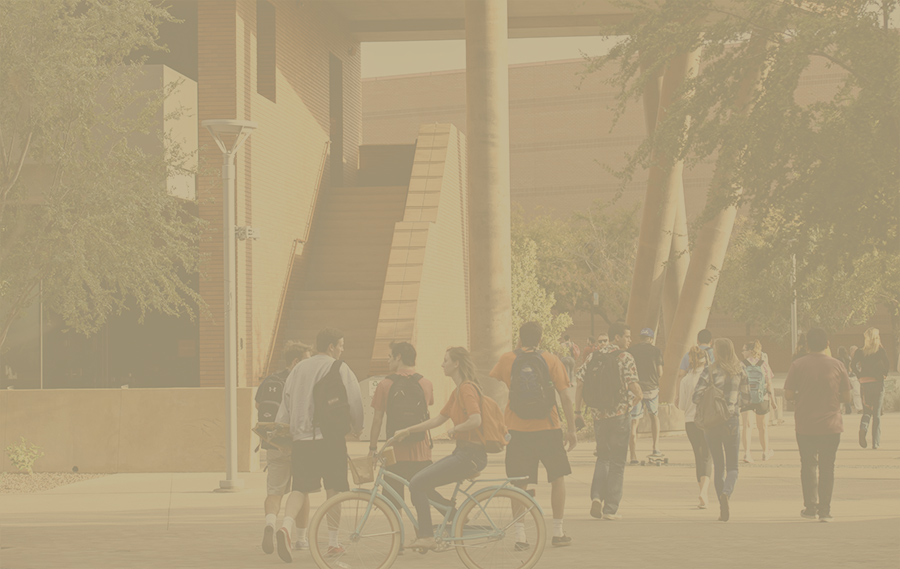
t W. P. Carey, we’re settling back into a new normal:
Students and faculty are back on campus, we can host in-person events (see you at Homecoming on Oct. 30), and student clubs are in full swing. We aren’t ignoring what we learned the past year. Students have more flexibility for when and where they access services, and working virtually has shown us different ways to connect and engage.
Our research also reflects learnings and nowhere is that more evident than in our Department of Supply Chain Management. Did you know how profoundly the supply chain — processes to produce and distribute goods — affects our lives? COVID-19 brought the importance of the discipline into sharp relief as we experienced shortages of food, toilet paper, medical supplies, and more.
It’s the perfect time for us to spotlight our supply chain program, which is consistently Top 3 in the U.S. News & World Report rankings for undergraduate and graduate programs in the country. In this issue, read about W. P. Carey professors studying effective supply chain practices in humanitarian disasters and increasing supply chain resiliency. We also hear from alums who are using what they learned at W. P. Carey in their supply chain roles across the world.
We hope this issue gives you new insights into the supply chain, and ways the W. P. Carey community is setting standards for the entire field.
Warm regards,

Interim Dean
PetSmart Chair in Services Leadership
W. P. Carey School of Business


t W. P. Carey, we’re settling back into a new normal:
Students and faculty are back on campus, we can host in-person events (see you at Homecoming on Oct. 30), and student clubs are in full swing. We aren’t ignoring what we learned the past year. Students have more flexibility for when and where they access services, and working virtually has shown us different ways to connect and engage.
Our research also reflects learnings and nowhere is that more evident than in our Department of Supply Chain Management. Did you know how profoundly the supply chain — processes to produce and distribute goods — affects our lives? COVID-19 brought the importance of the discipline into sharp relief as we experienced shortages of food, toilet paper, medical supplies, and more.
It’s the perfect time for us to spotlight our supply chain program, which is consistently Top 3 in the U.S. News & World Report rankings for undergraduate and graduate programs in the country. In this issue, read about W. P. Carey professors studying effective supply chain practices in humanitarian disasters and increasing supply chain resiliency. We also hear from alums who are using what they learned at W. P. Carey in their supply chain roles across the world.
We hope this issue gives you new insights into the supply chain, and ways the W. P. Carey community is setting standards for the entire field.
Warm regards,

Interim Dean
PetSmart Chair in Services Leadership
W. P. Carey School of Business